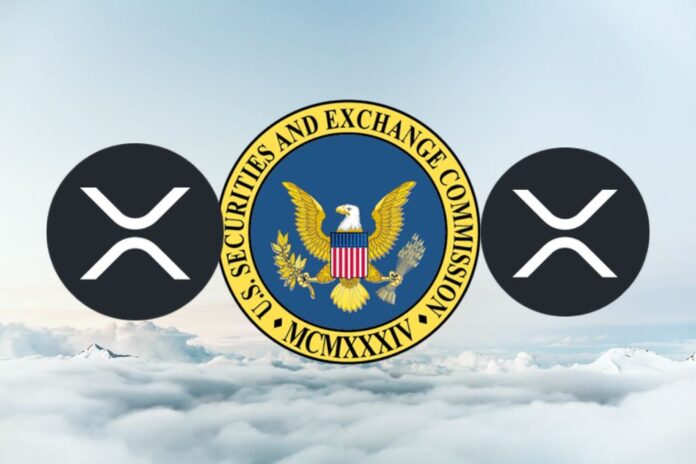In a recent development regarding the legal battle between the SEC and Ripple Labs, SEC veteran Marc Fagel has explained the possible actions the SEC might take concerning Ripple’s XRP. This follows a significant ruling from Judge Analisa Torres and subsequent legal actions.
Background of the Ripple Case
On July 13, 2023, Judge Analisa Torres issued a summary judgment in the SEC v. Ripple case. The ruling concluded that XRP, the digital asset associated with Ripple, is not considered a security in itself.
The judgment clarified that while Ripple’s direct sales of XRP to institutional investors were deemed securities transactions, the sales of XRP through secondary trading platforms did not constitute securities transactions.
Following this decision, the SEC sought to challenge the court’s ruling specifically concerning Ripple’s programmatic XRP sales on secondary trading platforms.
On August 18, 2023, the SEC filed an interlocutory appeal, but this motion was dismissed by Judge Torres on October 3, 2023. She stated that the appeal did not involve a controlling question of law or present substantial grounds for a difference of opinion.
The SEC withdrew its claims against Ripple executives Brad Garlinghouse and Chris Larsen, signaling a strategic move to avoid a prolonged trial while preparing to challenge aspects of the court’s summary judgment decision on appeal.
Potential Paths Forward
As of August 2024, Ripple was hit with a $125 million civil penalty and an injunction, concluding the nearly four-year SEC case. Despite this, there is speculation about a potential appeal, particularly after Ripple’s September 4 filing requesting that 111% of the monetary judgment be placed in escrow to secure a stay.
We are on twitter, follow us to connect with us :- @TimesTabloid1
— TimesTabloid (@TimesTabloid1) July 15, 2023
Marc Fagel, a former SEC regional director, has provided insights into what might lie ahead. According to Fagel, if the SEC decides to pursue an appeal, it will likely focus on whether Ripple’s programmatic sales of XRP should be classified as securities transactions. He suggests the appeals court could address this issue without ruling on the broader question of XRP’s overall security status.
Fagel explained that the programmatic sales issue is considered a secondary concern, often discussed as dicta in the district court’s opinion. He noted that the SEC might seek to have the appellate court address this aspect, given the SEC’s historical tendency to challenge ambiguous or peripheral issues. However, Fagel believes that the Second Circuit is unlikely to prioritize this issue and that it may not significantly influence the broader legal landscape.
The SEC’s next steps in challenging Ripple’s case remain uncertain. While the dismissal of the interlocutory appeal and the withdrawal of claims against Ripple’s executives suggest a strategic shift, the possibility of further legal action remains, particularly regarding the classification of XRP’s programmatic sales.
Disclaimer: This content is meant to inform and should not be considered financial advice. The views expressed in this article may include the author’s personal opinions and do not represent Times Tabloid’s opinion. Readers are urged to do in-depth research before making any investment decisions. Any action taken by the reader is strictly at their own risk. Times Tabloid is not responsible for any financial losses.
Follow us on Twitter, Facebook, Telegram, and Google News



